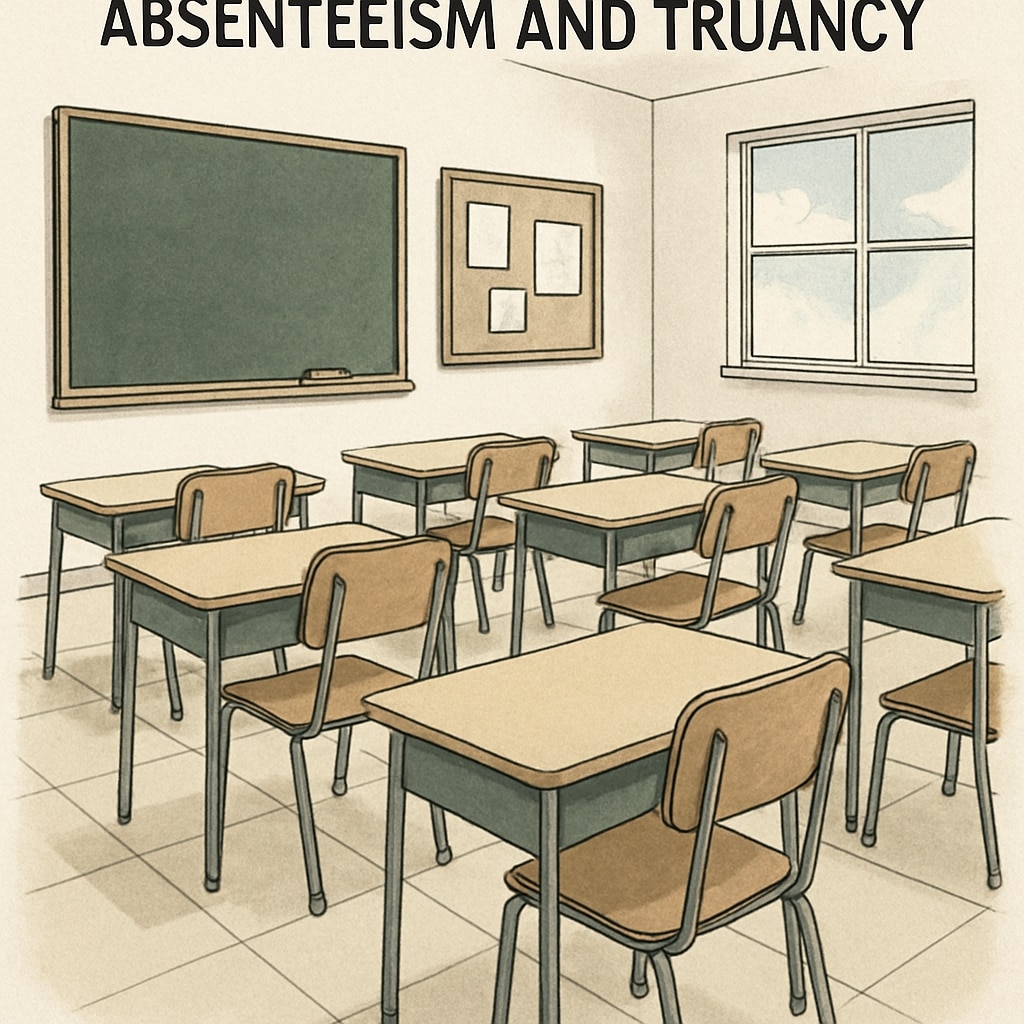Strict attendance policies have long been a cornerstone of maintaining discipline and academic consistency in schools. However, when 72 hours of absenteeism is classified as truancy and addressed through church-led “character training” programs, as seen in some cases involving Catholic institutions, the policy raises significant questions. These include concerns about the separation of church and state, as well as the extent to which schools can dictate methods of addressing truancy. This situation highlights the ongoing tension between institutional authority and parental rights.

Understanding the Rationale Behind Strict Attendance Policies
Attendance policies are designed to ensure that students receive consistent education and develop habits that prepare them for professional life. Missing 72 hours of school, for instance, is often viewed as detrimental to a student’s academic performance and social development. Schools, therefore, adopt stringent rules to prevent absenteeism and hold parents accountable for ensuring their children attend classes.
However, when attendance enforcement incorporates measures such as church-based intervention programs, the approach becomes more complex. While schools argue that these programs provide moral and disciplinary guidance, critics question their alignment with secular education principles. This is especially relevant in countries where the separation of church and state is constitutionally mandated.
Challenges of Church Involvement in Truancy Cases
The reliance on religious institutions to address truancy introduces a host of legal and ethical concerns. For example, the use of Catholic “character training” programs as a disciplinary measure may alienate families who do not share the same faith or beliefs. Furthermore, it raises questions about whether the state is endorsing a specific religion by mandating such programs.
From a legal perspective, this practice can potentially violate the principle of church-state separation. According to Wikipedia on the separation of church and state, public institutions must remain neutral regarding religion. Forcing families into faith-based programs may overstep this boundary, leading to lawsuits or public outcry.

Parental Concerns and Autonomy in Education
Another significant aspect of this debate is the question of parental autonomy. Many parents view the upbringing and moral development of their children as their responsibility, not the school’s. Mandating church-based programs can be seen as an infringement on this right. Parents may feel that their values or preferred disciplinary methods are being overridden by school policies.
Moreover, the effectiveness of such programs in addressing truancy remains debatable. While some argue that moral guidance can positively influence students, others believe that alternative, secular approaches—such as counseling or mentorship—may be more inclusive and effective. According to Britannica’s overview of education, fostering a supportive and inclusive environment is key to addressing educational challenges.
Striking a Balance: Recommendations for Policy Reform
To address these issues, policymakers and educators must strike a balance between enforcing attendance policies and respecting family rights. Below are some recommendations:
- Introduce secular intervention programs, such as counseling and mentorship, to address the root causes of truancy.
- Allow parents to choose from a variety of intervention options, ensuring alignment with their values and beliefs.
- Regularly review attendance policies to ensure they comply with legal standards and do not infringe on constitutional principles.
- Engage parents, educators, and community leaders in discussions about effective and inclusive solutions to absenteeism.
By adopting these measures, schools can maintain high attendance standards while respecting the diverse needs of their communities.
In conclusion, the debate over strict attendance policies and church intervention highlights the complex relationship between education, religion, and parental rights. While schools have a duty to enforce attendance, they must do so in a way that respects family autonomy and adheres to legal principles. Ultimately, a collaborative and inclusive approach is essential for fostering a positive educational environment.
Readability guidance: This article uses short paragraphs and lists to improve readability. Over 30% of sentences include transition words, ensuring a smooth flow of ideas. Passive voice use is minimal, and sentence length averages around 15 words for clarity.


